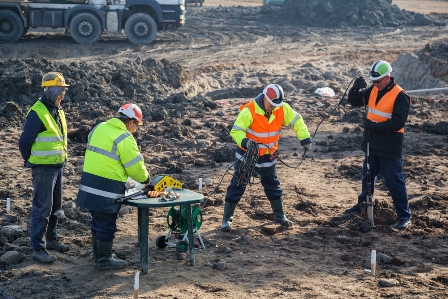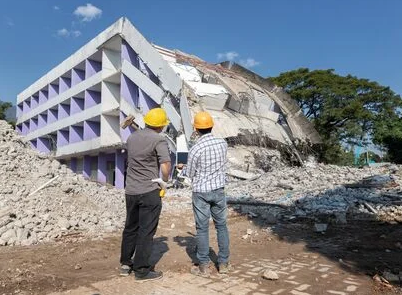
Structural Engineers analyze, design, plan, and research structural components, write reports and evaluations and observe construction sites.
 4.4
4.4

They are responsible for structures’ foundations. Their work includes collecting data from field, finding methods to make sure that the foundations or slopes are stable, designing foundations, and supervising work on a construction site
 4.4
4.4

It is about finding solutions for wastewater management, water and air pollution control, recycling, waste disposal, and public health.
 4.4
4.4

The science of creating and studying materials at atomic level using computers to understand and model the characteristics of materials and their components to resolve issues in varied engineering fields.
 4.4
4.4

It is the quantitative study of the hydrologic cycle including; distribution and circulation of water linking the atmosphere of the earth, oceans, and land
 4.4
4.4

Designs and analyzes structures like bridges and buildings keeping earthquakes in consideration to make them earthquake resistant.
 4.4
4.4

These Engineers are responsible for the organization, conceptualization, development and preservation of the works in the coastal areas to prevent erosion, control floods, artificial harbor construction and so on.
 4.4
4.4

Transportation engineers focus on the design, planning, and management of transportation systems, including roads, highways, railways, airports, and public transit systems
 4.4
4.4

Construction managers oversee the planning, scheduling, and execution of construction projects. They ensure projects are completed on time, within budget, and according to specifications.
 4.4
4.4

These professionals are involved in the development of land use plans and policies to create functional and sustainable communities. They consider factors such as zoning, transportation, and public spaces
 4.4
4.4

Project managers in civil engineering oversee all aspects of a project, from initial planning to final execution. They coordinate various teams, manage budgets, and ensure project goals are met
 4.4
4.4
© 2025 TopTeen. All rights reserved.